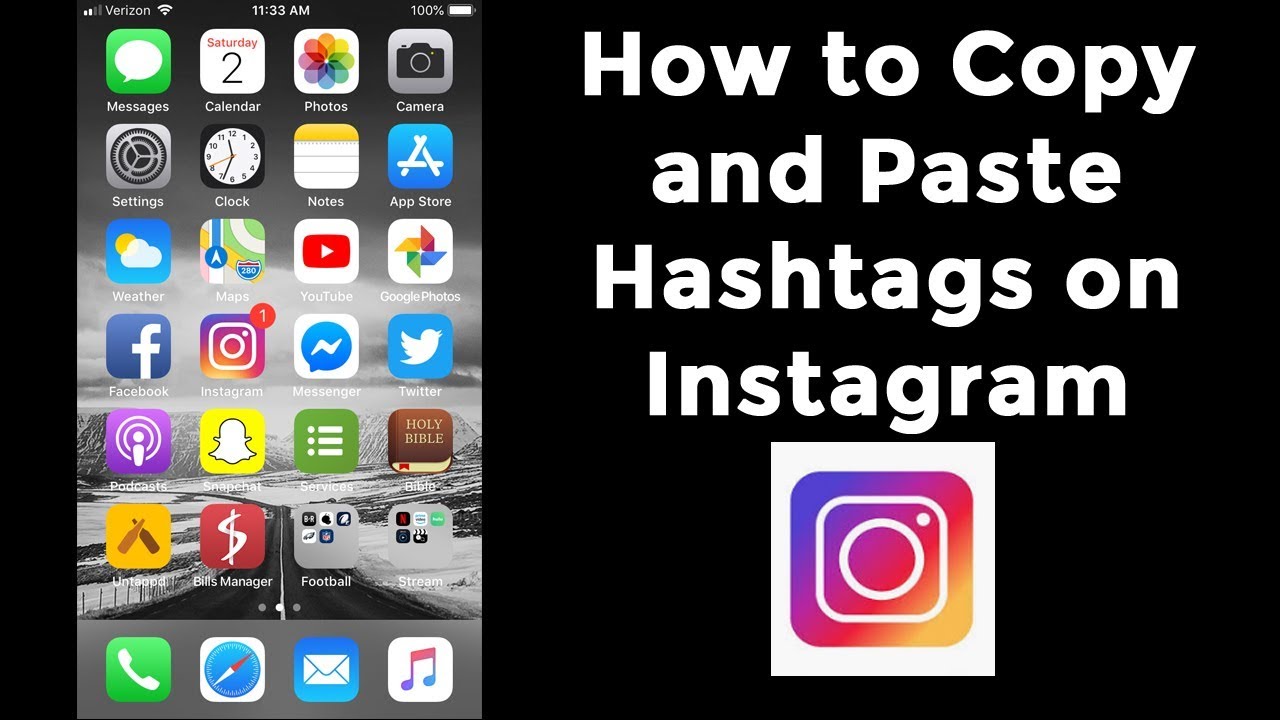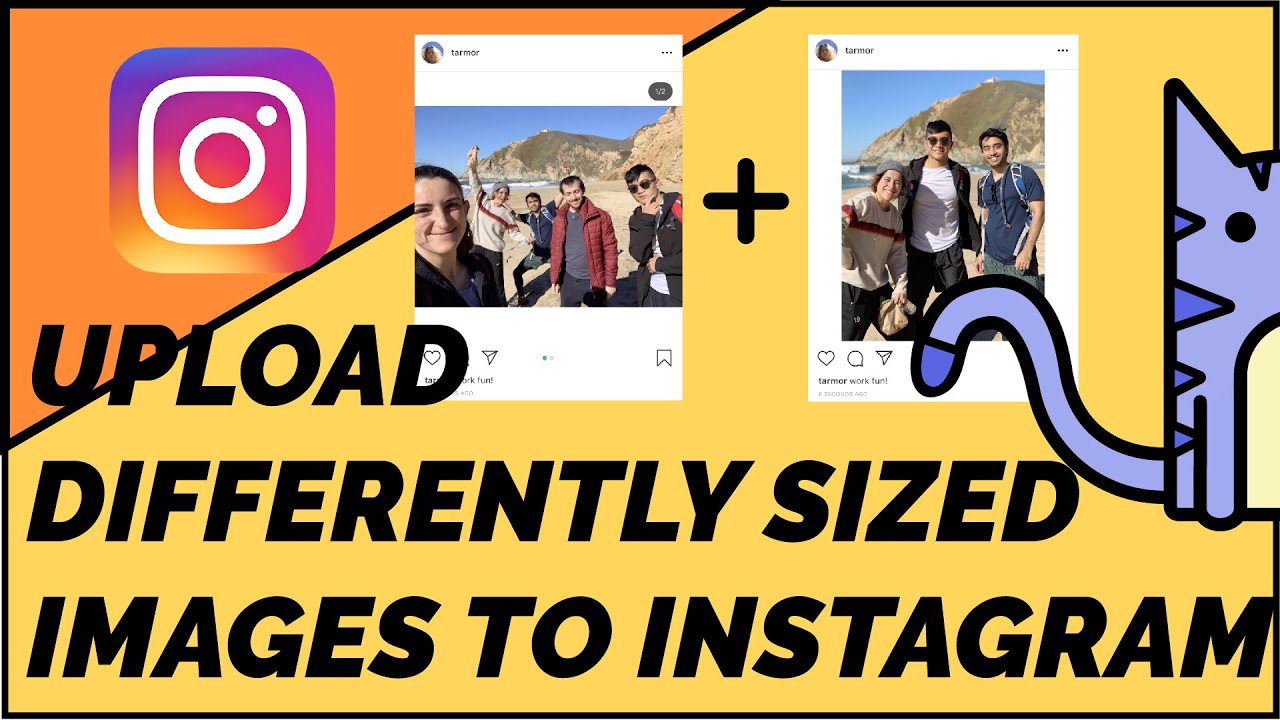How to save hashtags on instagram for better organization and engagement

Instagram has become a vital platform for brands, influencers, and marketers looking to grow their online presence. One of the key drivers of visibility on this platform is the use of hashtags. Understanding how to effectively use hashtags can significantly impact your engagement rates and reach. In this article, we will explore various techniques on how to save and organize your hashtags on Instagram while enhancing your overall strategy.
Before delving into how to save hashtags on Instagram, it’s essential to understand why they are crucial for your brand’s visibility. Hashtags act as searchable tags that categorize content, making it easier for users to find posts relevant to their interests.
- They allow your content to reach a broader audience beyond just your followers.
- Using trending or popular hashtags can increase the likelihood of your post appearing in the Explore page.
- Brands can engage with niche markets by using specific hashtags tailored to their audience.
Building a Community
In addition to discoverability, effective hashtag usage fosters community engagement. By employing the right tags, your content can resonate with others sharing similar interests, leading to more authentic interactions and the potential for increased loyalty.
Now that we recognize the importance of hashtags on Instagram, let’s explore practical methods on how to store and organize them efficiently.
Using Notes Applications
One simple yet effective way to keep track of your hashtags is to use notes applications available on your phone or computer. Here’s how you can do it:
- Create a document in applications like Google Keep, Apple Notes, or Evernote.
- Group your hashtags into categories based on themes, campaigns, or types of posts. For example:
- #Travel
- #Foodie
- #FitnessGoals
- Whenever you create a new post, simply copy and paste the relevant hashtags from your notes.
Utilizing Hashtag Generators
Many online tools can assist you in generating and organizing hashtags. These tools not only help you discover new tags but also allow you to save combinations for future use. Some popular options include:
- Hashtagify: An analytical tool that provides hashtag suggestions based on specific keywords.
- All Hashtag: Offers hashtag generation as well as analysis of your chosen hashtags’ performance.
- RiteTag: Part of the RiteKit suite, it provides hashtag suggestions in real time when uploading posts.
Creating a Hashtag Library
Another effective method for streamlining your hashtag strategy is by building a comprehensive hashtag library. This library should be easily accessible and include the following information:
Categories Based on Content Type
Design your library around various categories to ensure you can quickly find the right hashtags for any post. Categories might include:
- Product Launches – Gather tags that relate specifically to products you are promoting.
- Events – Include tags that are popular during event seasons or specific to events you are participating in.
- Seasonal Hashtags – Keep a list of seasonal hashtags to take advantage of trends.
- User-generated Content – Create a section for hashtags that relate to your audience’s posts.
As you develop your hashtag library, it’s vital to monitor the performance of each hashtag you utilize. Consider tracking metrics such as:
- Engagement rates (likes, comments, shares).
- Follower gain after posts using specific hashtags.
- The reach and impressions garnered through hashtag usage.
Best Practices for Hashtag Usage on Instagram
To ensure your efforts in saving hashtags yield fruitful results, implementing best practices is crucial. Here are some helpful tips to consider:
Instagram allows up to 30 hashtags per post, but using too many can look spammy and may dilute your message. Instead, focus on:
- Using a balanced number of hashtags (between 5-15 is generally recommended).
- Digging deeper into niche hashtags that align closely with your brand for more targeted reach.
There are different ways to place hashtags within your posts. You can include them in the caption or as a first comment. Here’s how each method can work:
- In the Caption: Hashtags within the caption can enhance visibility immediately but can clutter your message.
- As a Comment: Placing hashtags in the first comment allows you to keep your caption clean while still benefiting from the tags.
Lastly, keeping your hashtag sets fresh is vital. Make sure you:
- Review your hashtag library every month.
- Update or remove hashtags that no longer perform well.
- Integrate new trending hashtags that align with your content strategy.






